"DYSECO contributes to a vast energy saving"
– H’ART Museum Amsterdam

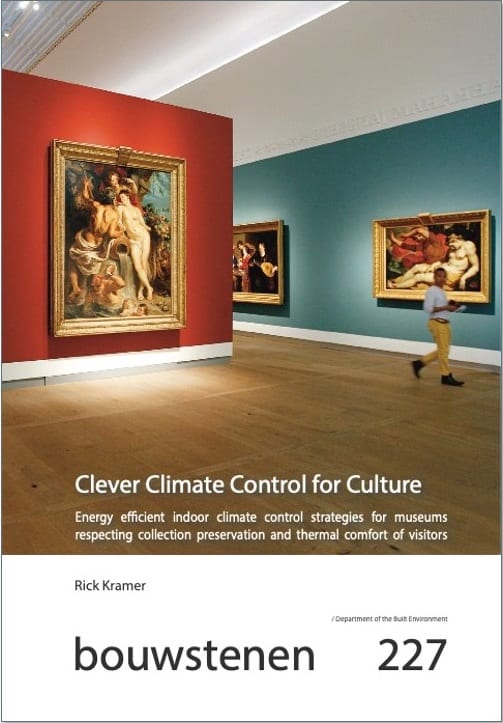
Clever Climate Control for Culture
In his PhD thesis, completed in 2017, Rick Kramer showed that most museums have a high energy usage, thermal discomfort and/or damage by condensation near the building envelope. By tuning the indoor climate to both collection needs, user needs and monumental building needs, in most cases these problems can be solved.
This however calls for a fundamentally different approach on climate control: not keeping temperature and RH on one ideal value, but by using dynamic control. This new concept was validated and approved upon in practice: depending on the chosen climate class an energy saving of up to 63 % could be achieved in Hermitage Amsterdam.
Within DYSECO the concept of a dynamically controlled indoor climate was developed into a plug-and-play solution. Many heritage institutions can now effectively use the scientific results.
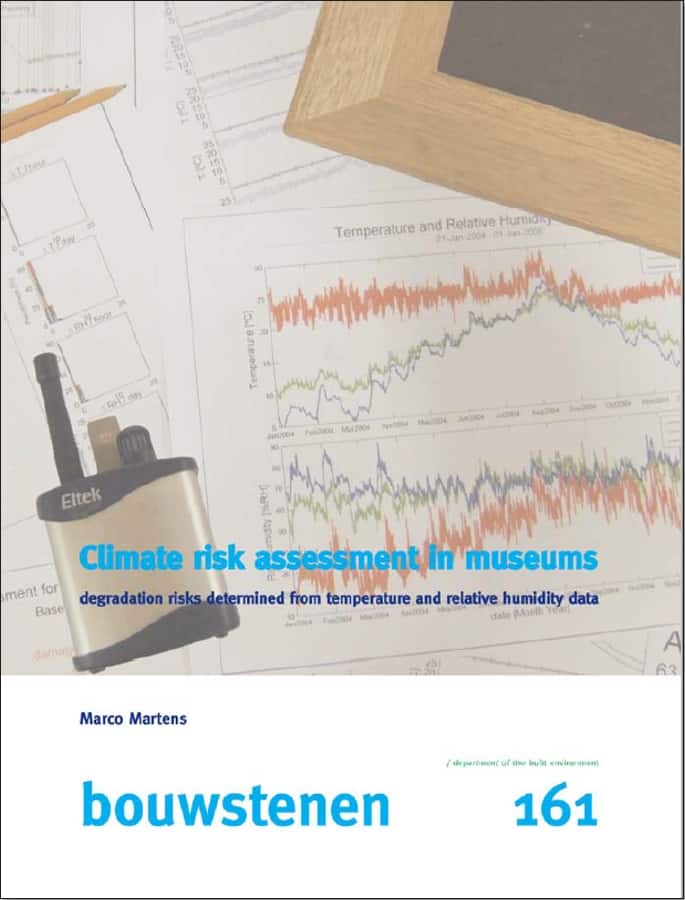
Climate Risk Assessment in Museums
Marco Martens showed in his PhD thesis, completed in 2012, by doing extensive field studies that the currently used climate demands in museums are often stricter than needed for collection preservation. Moreover, most museums showed a complete trust in their technology; sustainability did not play any significant role. Yet the desired climate demands could not be achieved in reality because of insufficient or non-optimal climate systems.
When climate demands are better matched with collections and building needs, most collections can be preserved optimally. Moreover, these demands are easier to achieve using less energy.
Marco developed a method to estimate the magnitude of biological, mechanical and chemical risks to collections from measured series of temperature and relative humidity data. This risk approach poses a solid base for analysing indoor climates in terms of preventive conservation; a well balanced choice for a specific climate demand can be made.
Current research projects
DYSECO takes part in the RVO MOOI research Brains4Buildings (work package 1), together with the Universities of Technology in Delft and Eindhoven. The goal is to make climate systems smarter by using data analysis and by developing automated error detection and diagnosis. Examples of common system errors are when indoor conditions are not what they are supposed to be or when both cooling and heating are used simultaneously. This is far from ideal in terms of energy usage, but can occur when a control valve got stuck. The Brains4Buildings project aims at detection of these errors automatically by combining and analysing measurement data in an intelligent way. The project aims at operating HVAC systems more optimal, notifying the people involved automatically in case of errors and help solving these errors adequately.
Also DYSECO collaborates closely with the National Archives and the Dutch Cultural Heritage Agency.
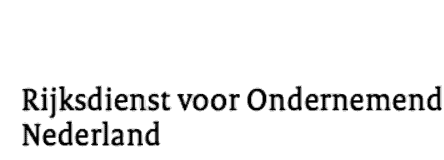
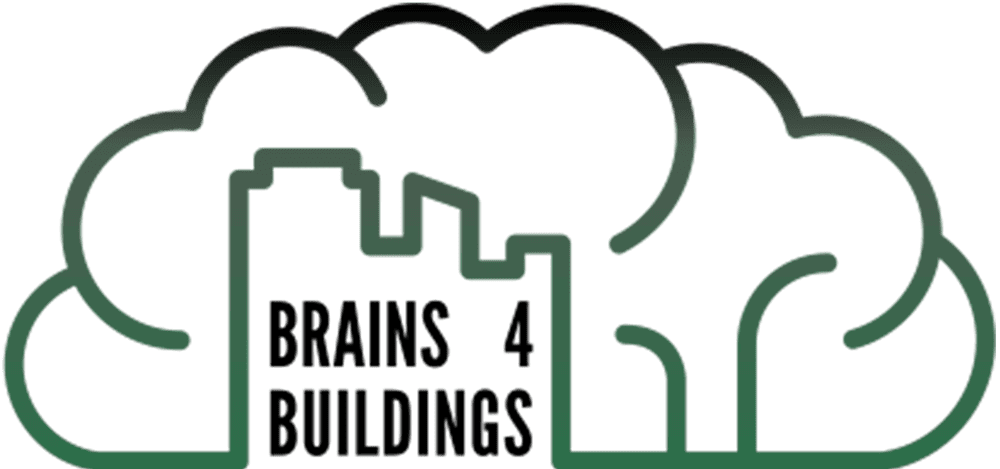
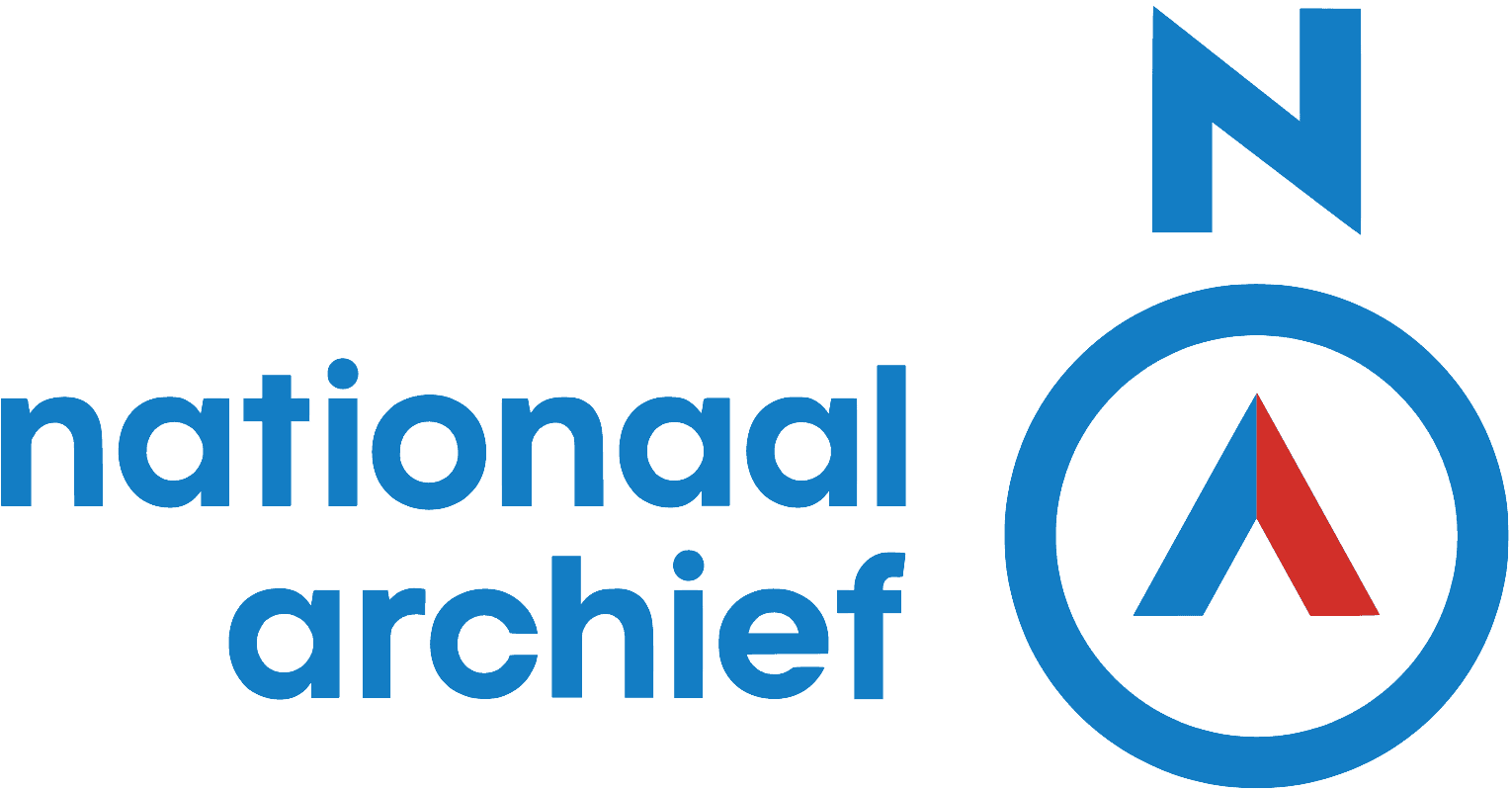
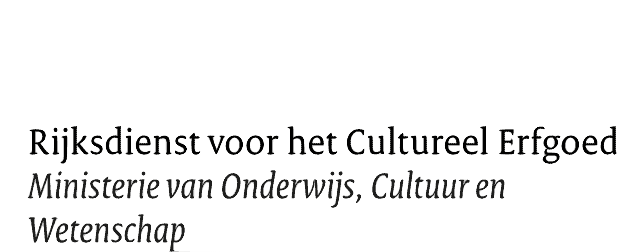
Publications
Dynamic indoor climate conditions for sustainable preventive conservation; from research to preventive conservation practice, December 1-3, 2021, Collection Care Conference, Valencia, Spain
Dynamische klimaatbeheersing voor duurzaam erfgoedbehoud, 9 november, 2021, Bits, Bricks and Behavior Conferentie, Rotterdam, Nederland
Klimaatbeheersing 2.0; van een ideaal naar een verantwoord museaal binnenklimaat, Juli 2021, FARO Magazine, Dossier Duurzaam Binnenklimaat, p54-57, België
Dynamic setpoint control for up to 63% energy savings in climate control in museums, May 2021, ICOM-CC 19th Triennial Conference, Beijing, China
Metingen: evaluatie is goed, controle is beter, 12 maart 2021, Webinar Erfgoedlabo Leuven, België